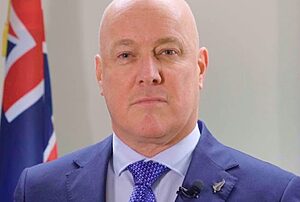Summarised by Centrist
Canadian constitutional lawyer Lisa Bildy says professional regulators in Canada have quietly become major enforcers of censorship, targeting nurses, doctors, and others for views that challenge state-approved narratives.
Bildy cites the case of Amy Hamm, a Canadian nurse fined over $93,000 and fired from her hospital job after publicly defending women’s sex-based rights.
The BC College of Nurses and Midwives panel ruled that by affirming biological sex, Hamm’s statements excluded trans-women from being women, which it said constituted professional misconduct. In Bildy’s words, the ruling effectively declares that “it is not possible to advocate for sex-based rights, respectfully or not.”
Another case involved Ontario physician Kulvinder Gill, who the College of Physicians and Surgeons cautioned for online criticism of lockdowns and pandemic policies. Gill argued she was bound by her ethical duty to oppose policies she believed were harmful: “Which of these moral obligations should I have set aside to avoid such cautions?”
In both cases, complaints came not from patients, but from online observers or colleagues.
Bildy argues that the regulatory system has become a tool of ideological enforcement, wielded by a managerial class insulated from judicial accountability. “We have accepted the premise that professionals don’t have the same rights to express themselves,” she writes. “They simply cannot be trusted with the job.”
Editor’s note: New Zealand professionals face similar risks. Medical and education regulators increasingly blur the line between ethical conduct and political orthodoxy.
In recent years, teachers, midwives, and doctors have all faced complaints, investigations, or professional consequences for expressing views on topics such as COVID mandates, co-governance, or sex and gender.
As in Canada, these actions are often prompted by online complaints (not client harm) and enforced by ideologically aligned panels with limited external oversight.



















